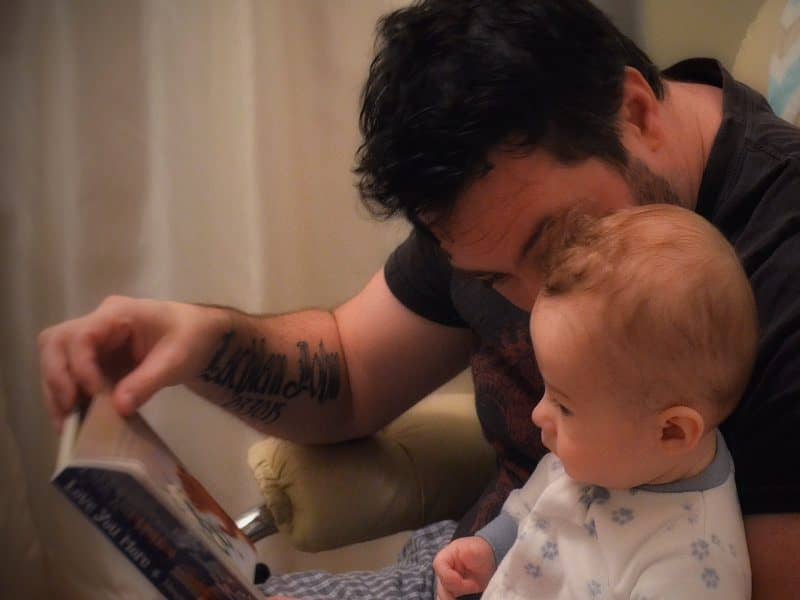
Does reading to young children really make a difference? We think it does, and we are not alone. Ask our Primary teachers and their answer will be that they can tell who has been read to and who has not before starting school.
On going research supports our beliefs. For many years the benefits of reading to childrenhave been studied, with the resulting empirical evidence that it does have an impact on literacy and oral language. The repetition, vocabulary, pictures and predictability of quality children’s books make them ideal for helping children learn – not just literacy, but also about the world and how to communicate verbally.
Parents who read to their children create nurturing relationships, which is important for a child’s cognitive, language and social-emotional development. We use books to foster enjoyment, learn new things, spark excitement, prepare for events, such as going to the dentist, wind down and, if used as a bedtime ritual, to prepare a child for sleep.
When children listen to stories, they are being exposed to complex sentence structures that may be quite different to those spoken in the home. Those of us who have read to young children have fond memories of when the child repeated a phrase from a favourite book in a totally new situation. My son happily made mud pies in the front yard and would add in ingredients, such as sticks and moss, naming them after ingredients from Halloween brews in different books, and even ‘croutons from New York city.” My nephew, at 3, went around saying “B’sgetti, b’sgetti that’s all I can say” after Reading “More Spaghetti I say.”

Most parents know that it is nice to read to children every day, but are unaware of the newest discoveries in neuroscience showing that reading aloud actually stimulates the growth of a baby’s brain. Dr. John Hutton, the lead author of a recent study, says, “I think that we’ve learned that early reading is more than just a nice thing to do with kids. It really does have a very important role to play in building brain networks that will serve children long-term as they transition from verbal to reading.” The American Association of Pediatrics has put together a short list of citations to help adults understand that reading aloud to children is as important as fastening their seat belts and providing good nutrition.
The development of early literacy skills through early experiences with books and stories is critically linked to a child’s success in learning to read and now we know reading impacts biologically on brain function.
Read early – read often.
